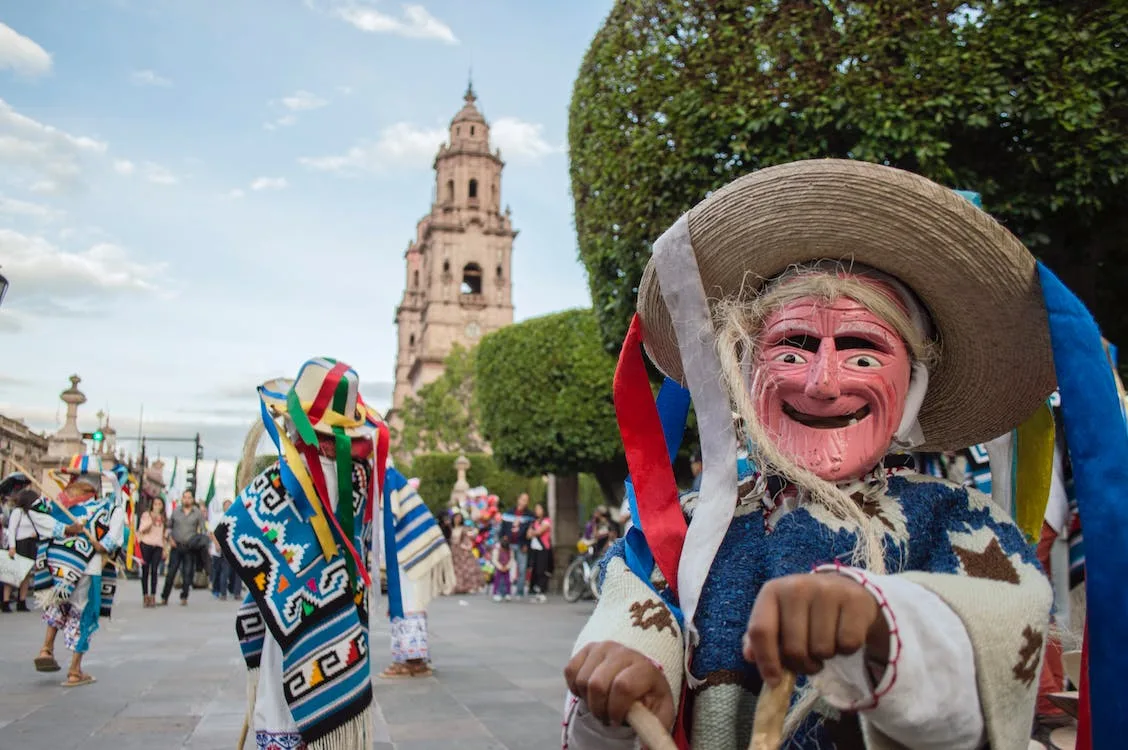The Legal and Social Implications of the Kansas City Super Bowl Parade Shooting
Image source: Pexels.com
Hello everyone. I’m sure you’ve all heard about the horrible incident that occurred during the Kansas City Chiefs’ Super Bowl celebratory parade on February 14, 2024. It was intended to be a day of joy and pride for the victorious team’s fans, but it turned into a nightmare when two teenagers opened fire outside Union Station, killing one mother and injured 22 others, including 11 children1.
This episode has startled and upset me, as I am sure it has many others. I cannot understand the victims’ and their families’ anguish and sadness, and I extend my heartfelt sympathies. I can’t help but wonder how something like this could occur in our society. and how we can prevent it from happening again.
In this blog post, I’d like to look at some of the legal and societal ramifications of this shooting, as well as express my thoughts and ideas on the larger topic of gun violence. I hope you will join me in this discussion, and please feel free to post your thoughts below.
Legal Implications
When we hear about a mass shooting, one of the first questions we have is, “Who are the perpetrators, and what will happen to them?” In this case, the suspects are two minors, ages 15 and 16, who have been charged with charges relating to the shooting, including murder, assault, and unlawful use of a weapon.
Because they are juveniles, they will be tried in the juvenile court system, which is more private and less harsh than the adult system. They will neither face the death penalty or be sentenced to life imprisonment without parole, both of which are illegal for juveniles under federal law3.
They may still face harsh consequences, such as detention until they reach the age of 21, or transfer to the adult system if a court certifies them as adults. This choice will be dependent on numerous variables, such as the seriousness of the offense, the maturity of the offender, and the chance of rehabilitation. Some may argue that these kids deserve harsher punishment and should be punished like adults.
The Social Implications
Another concern that arises when we hear of a mass shooting is, “Why did this happen, and what can we do to prevent it?” In this case, the shooters’ motivation is unknown, but authorities believe it was tied to a quarrel between numerous people.
This implies that the shooters may have had personal or interpersonal concerns that drove them to violence. Perhaps they were furious, irritated, or depressed and thought there was no other way to communicate or cope with their feelings. Perhaps they were affected by negative peer pressure or the media’s glamor of violence. Possibly they had ready access to weaponry. They lacked the necessary instruction and supervision to use them responsibly.
Whatever the causes, this massacre illustrates a bigger problem with gun violence in our culture, affecting not just the victims and perpetrators, but also the witnesses, the community, and the country as a whole. Gun violence has severe physical and economic costs, as well as psychological and societal consequences, such as dread, trauma, and distrust.
Gun violence also exposes some of our society’s fundamental inequalities and injustices, including poverty, racism, and misogyny. For example, gun violence disproportionately affects persons of color, men and boys in deprived neighborhoods, and women in domestic abuse situations. These groups are frequently subjected to prejudice and oppression, and they lack the resources and opportunities necessary to thrive and succeed.
How can we address the core causes of gun violence and build a more peaceful, equitable society? What can we do as people, communities, and as a nation to reduce gun violence and promote nonviolence?
My Conclusion:
In conclusion, the Kansas City Super Bowl parade shooting was a horrific and needless act of violence with legal and social consequences for all of us. It prompts us to consider how we punish youthful criminals, avoid gun violence, and build a better society.
I don’t have all the answers, and I don’t believe anyone does. But I believe we can make a difference if we work together and care about each other.
I believe we can minimize gun violence by promoting rational gun legislation and violence prevention initiatives. I believe that by respecting human rights and dignity, as well as promoting education and empowerment, we can build a more peaceful and equitable society.





0